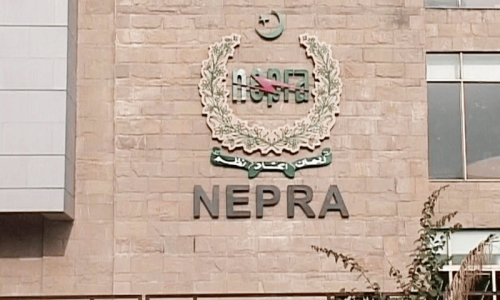KARACHI: Though travelling to new places tends to stimulate interest, the most potent experience is of meeting people on one’s travels that shapes your world view and leaves an indelible mark on your life. Unexpected events while travelling in the beautiful, remote yet troubled land of Burma, now Myanmar, led Feroze Dada on a similar spiritual journey of self-discovery, some of which he spoke about at the launch of his book, Children of the Revolution: a True Story that Has to be Told, held at the T2F on Friday.
En route to meeting his wife’s family, Dada narrated how while “travelling in a small boat on Inle Lake, in the midst of a storm, they went ashore to the village of Phaya Taung where they were given shelter by the monks. What happened next changed our lives”.
Dada came across a monastery that led him to meet a monk and the 600 abandoned children whom he was “raising, feeding and educating, through war and disease”. Dada acknowledged how he set off “for one destination, only to arrive at another. I thought I was writing one story only to discover there were deeper layers that I hadn’t uncovered yet”.
According to Dada, his story, and that of the monk, is set against the extremely turbulent social, economic, political and religious backdrop of Myanmar. He spoke about the multifaceted conflicts the country was plagued with and how it shaped the lives of all the characters he came across during his travels. The unnamed monk holds a special fascination for him: “...he was a man, a monk in a monastery providing orphans and abandoned children with the kind of teaching that makes extraordinary individuals. I needed to understand the man to understand his teachings.”
Dada heard of his life stories, his struggles and his journey to spiritual enlightenment and his book incorporates all these lessons, and more for readers to appreciate and follow. Some of the other advice that the monk imparted, on Dada’s insistence, were about anger management, death, how to deal with success and adapt it to everyday life.
It was only after closely interacting with the inhabitants of the monastery did Dada conceive of various business ideas to allow it to sustain itself, rather than merely depend on donations. Not only did he provide the students with solar power and computers, alongside regular classes to teach them to use technology to their advantage, he discovered a clean mountain water source on the monastery land and decided to set up a water purification plant. According to his research, waterborne diseases and malaria were on the rise and the need for clean bottled water had become immediate. The availability of bottled water would have a two-fold purpose: not only would it provide people with clean drinking water, but also help the monastery sponsor meals for its young children. The project, with the help of donors from around the world, is almost complete and the bottled water called Ko Yin.
The main crux of the book is spiritual enlightenment and igniting one’s spirit to live a life that is beneficial to others. Dada acknowledges that this is almost always achieved through intense suffering and all the people he meets in Myanmar, especially the monk and the freedom fighter whose boat led him to discover his life’s purpose, have all struggled in inexplicable ways. For him Buddhist philosophy is what enlightens the book.
An important aspect of the book that the moderator, Khalid Awan, highlighted was the differences between how children were being raised in a strife-prone country like Myanmar and here in Pakistan. He confessed to being inspired by the stories of the children that Dada wrote about and wished that parents here would also adapt some of the child-rearing practices, to instil in the younger generation a sense of doing good for others. “Children are the same all over the world, but many a times we take away their innocence, their humility and their generosity.” He felt that the book, and the stories within in, contributed much towards lessons in child psychology.
Dada also showed interest in expanding his philanthropic activities in Pakistan. The conversation, on account of the author’s close friendship with moderator Awan, allowed a more intimate and multi-layered account of the “hope and heroism that is shared among the people of Burma”.
Published in Dawn, August 2nd, 2014












































